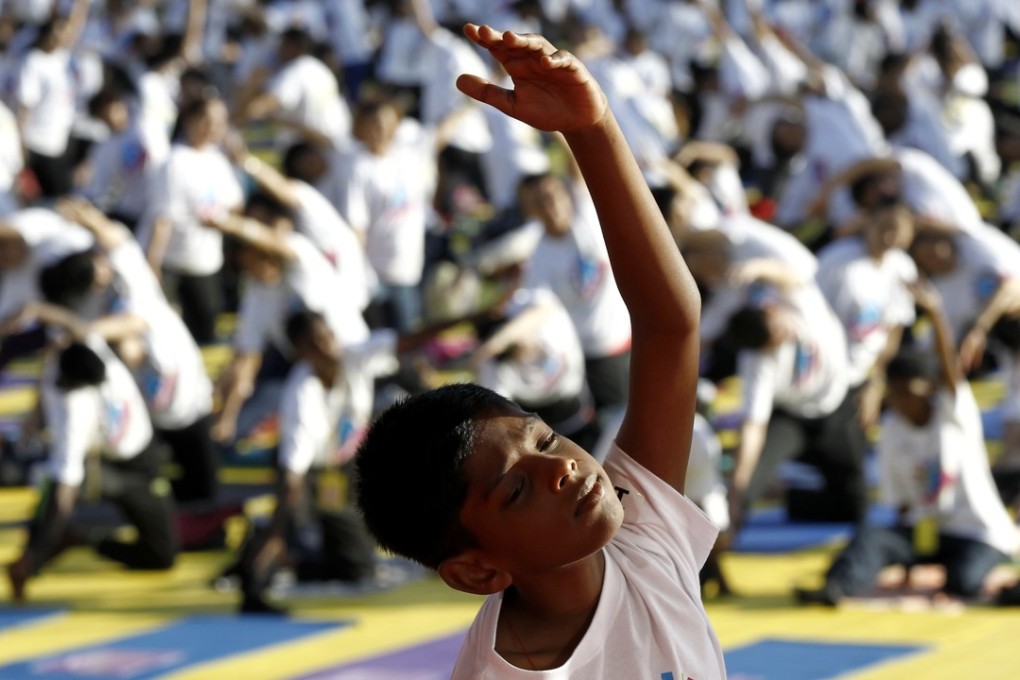Advertisement
The optimism deficit: what’s making Malaysians so unhappy?
A general malaise has descended on Malaysia, fuelled by a mix of political scandal and economic lethargy
Reading Time:3 minutes
Why you can trust SCMP

It’s December 2016 in Manila’s tech-hub, Bonifacio Global City.
People are having brunch at Wildflour – a hip cafe-cum-breakfast joint – before facing the daily grind. Someone in the crowd returns ashen-faced from the money changers: “The ringgit has fallen 10 per cent against the Philippine peso.”
The others chip in:
Advertisement
“Yeah it’s really dropped against the rupiah.”
“... and the dong!”
Advertisement
There’s a moment of silence as the information seeps in.
“Times are bad. Everyone’s complaining in Kuala Lumpur.”
Advertisement
Select Voice
Select Speed
1.00x